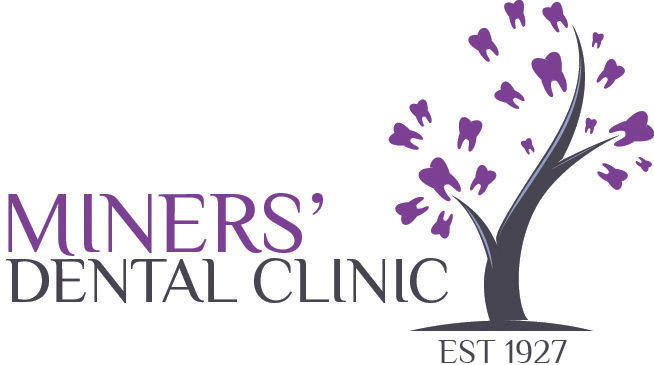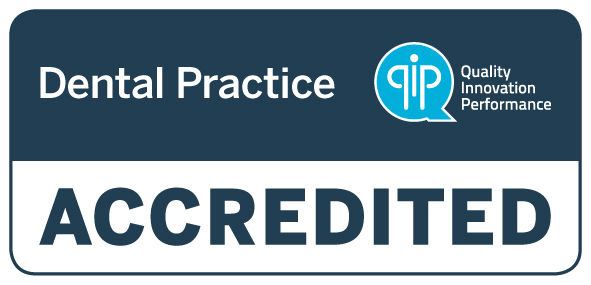Laser dentistry is a significant part of dental treatment worldwide since 1994. It is a reasonably painless treatment and can be used to produce the desired result in much less time than traditional methods.
Let's say, you want to treat a tooth decay that has not spread extensively, and the tooth needs to be prepared to receive a crown. One of the easiest ways to do it would be to opt for a laser treatment. As it is a less painful process than the conventional ones, you will require less use of anaesthesia. As a result, the recovery will be faster, and the tooth will be prepared faster to receive the crown.
A few decades ago, there were many dental procedures that resulted in a lot of pain. With the advent of laser dentistry, pain is a thing of the past. Patients of all ages and pain tolerance thresholds find laser dental treatments extremely comfortable.
Gone are the drills that vibrate noisily and cause pain. Laser dentistry is so comfortable that many procedures don't even need anaesthesia. Complications after the treatment are also considerably reduced in the case of laser dentistry.
More and more dentists are opting for laser dentistry because of how fast and efficient it is. Some of the essential features of laser dentistry are as follows.
Suitable to be used in case of different dental problems
The unique feature of laser dentistry is that you can use it to manage several dental problems. As laser dentistry is a cost-effective and efficient solution, you will find your dentist suggesting it for the following dental problems:
Hypersensitivity
It can be used for treating the hypersensitivity of a tooth. Desensitization dental laser is a standard treatment for gum recession and tooth hypersensitivity. As gum recession can sometimes cause severe pain and sensitivity, laser treatment is one of the best ways to resolve it.
Tooth decay
Laser treatment is also used in case of tooth decay. It is used primarily to prepare the enamel to receive the filling in case of tooth decay. If you have a damaged tooth, then laser treatment will be used to prepare the damaged tooth and the surrounding enamel to receive the filling.
Gum disease
Laser treatment is the best non-surgical method to resolve gum disease. If your dentist feels that they can treat your gum disease by using a laser to access the infected area and destroy the bacteria, it is one of the best treatments. In addition, it will result in quick and immediate relief from the pain caused by the infection.
Teeth whitening
Laser teeth whitening is one of the most effective ways of whitening your teeth and is done only by trained and qualified professionals.
Thus, laser treatments have several applications, ranging from resolving genuine dental problems to cosmetic solutions.
Performing laser treatments
Before a dentist performs laser treatment, they will need to understand the extent of the damage to your teeth. Let's say laser treatment is being used to fill cavities. After the preliminary examination, the dentist will drill holes in the enamel and get rid of the decay, prepare the enamel to receive the filing, and use the laser to kill any bacteria in the cavity. Once the process is completed, your teeth will be treated for sensitivity, again using laser.
Similarly, different types of laser treatments are developed to treat gummy smiles, crown lengthening, tongue frenulum attachment etc.
Preferred by many dentists
Many dentists prefer laser treatment over traditional dental treatments wherever it is viable. There are several benefits of the laser treatment, and some of them are as follows:
- When it comes to soft tissue lasers, the breakage in the skin tissue is minimized. As a result, the requirement for sutures is also reduced.
- Laser help coagulate the blood, and hence, when you undergo laser treatment, you will find that your healing process is expedited. In addition, laser treatment means minimum blood loss when it comes to treating soft tissues; hence, the healing process will be faster.
- Laser is used to kill bacteria, and when you undergo a laser treatment to manage tooth decay, the laser itself sterilizes the area. Thus, the chances of post-treatment infections are significantly reduced.
- With the help of laser dentistry, your dentist can produce precise results. He can target the affected tissue in precisely the region where there is maximum damage without affecting the surrounding regions
Thus, laser dentistry has become one of the favourite options for many dentists for its many benefits. It gives the patients a chance to recover faster and a treatment that can be completed with minimum damage to surrounding tissues.
Laser dentistry minimizes trauma
Often, patients avoid visiting a dentist out of fear of the process. The drills, the tools used by the dentist, and the fact that he will evaluate the condition of your mouth can prove to be stressful.
If you are suffering from a toothache, don't postpone your dental visit. You must consult your dentist at the earliest so they can prevent further deterioration of the teeth. If your dentist uses laser dentistry, remember that it is a smooth and relatively painless procedure.
The pain and bleeding associated with laser dentistry are significantly less than your traditional dental treatments; it can put patients more at ease. Ensuring that patients are comfortable with the treatment offered by dentists is essential for a treatment to be a success.
Laser dentistry is one of the latest innovations in non-surgical dentistry. One of the reasons for the growing demand for further growth and demand in this field is a less-pain-inducing treatment. It is also less stressful for patients. Sometimes patients, especially younger ones, can get stressed seeing the drills used by dentists. But the instruments used in laser dentistry can build confidence in patients, and they can easily undergo the treatment.
Moreover, as lasers have a sterilizing property, dentists do not have to worry about the region getting infected post-treatment. The many benefits of laser dentistry outweigh any negatives that it might have.


